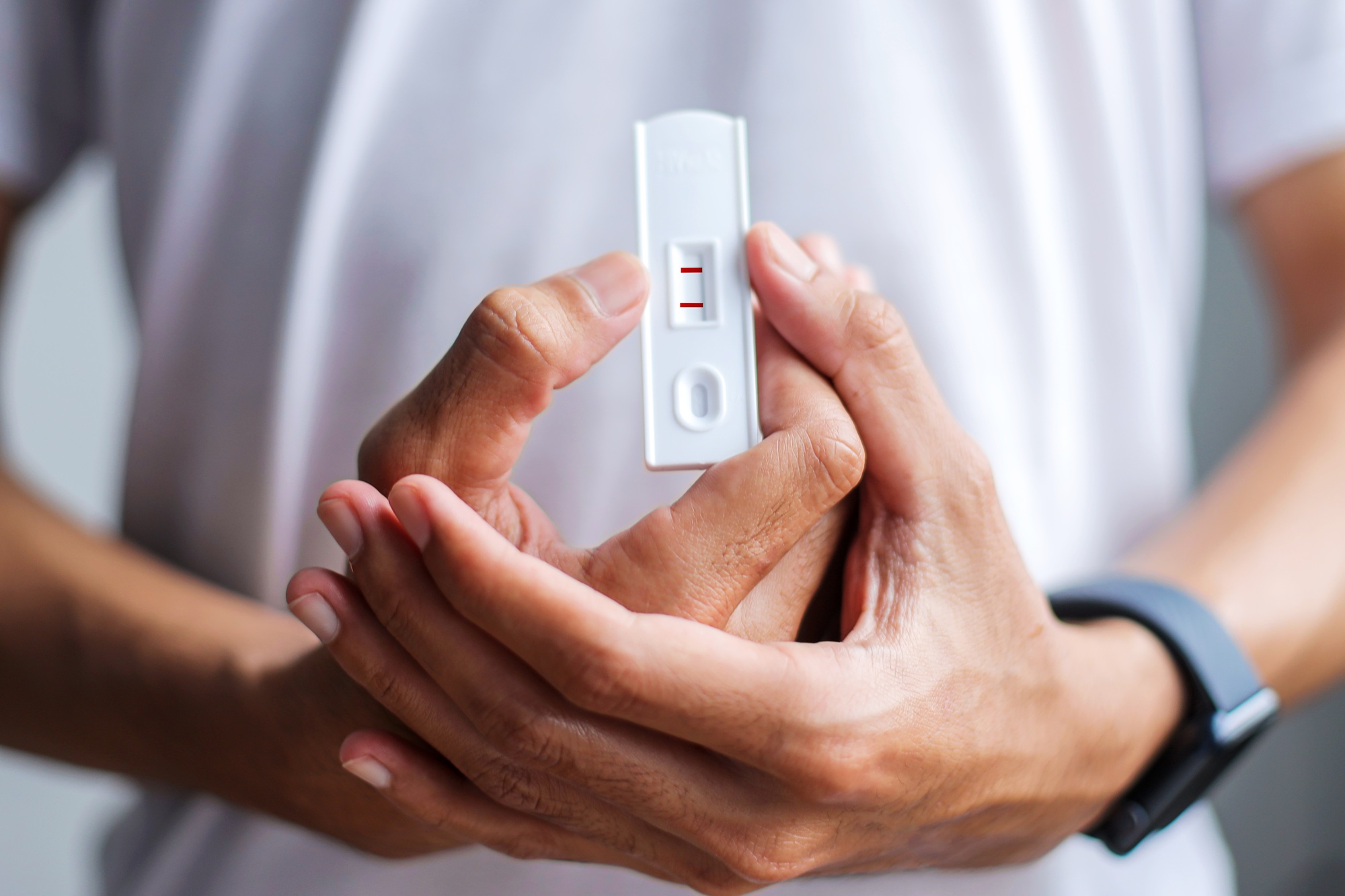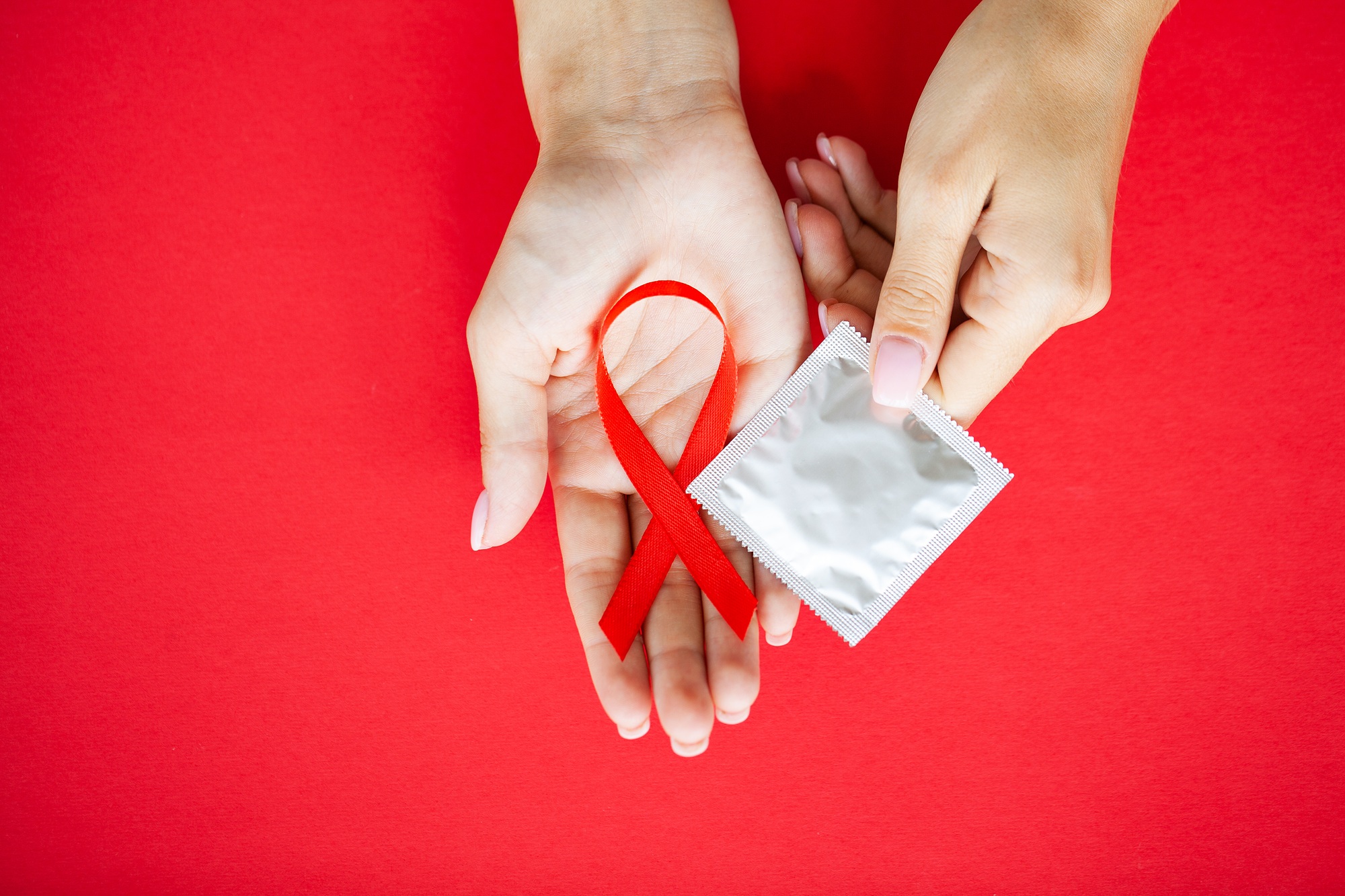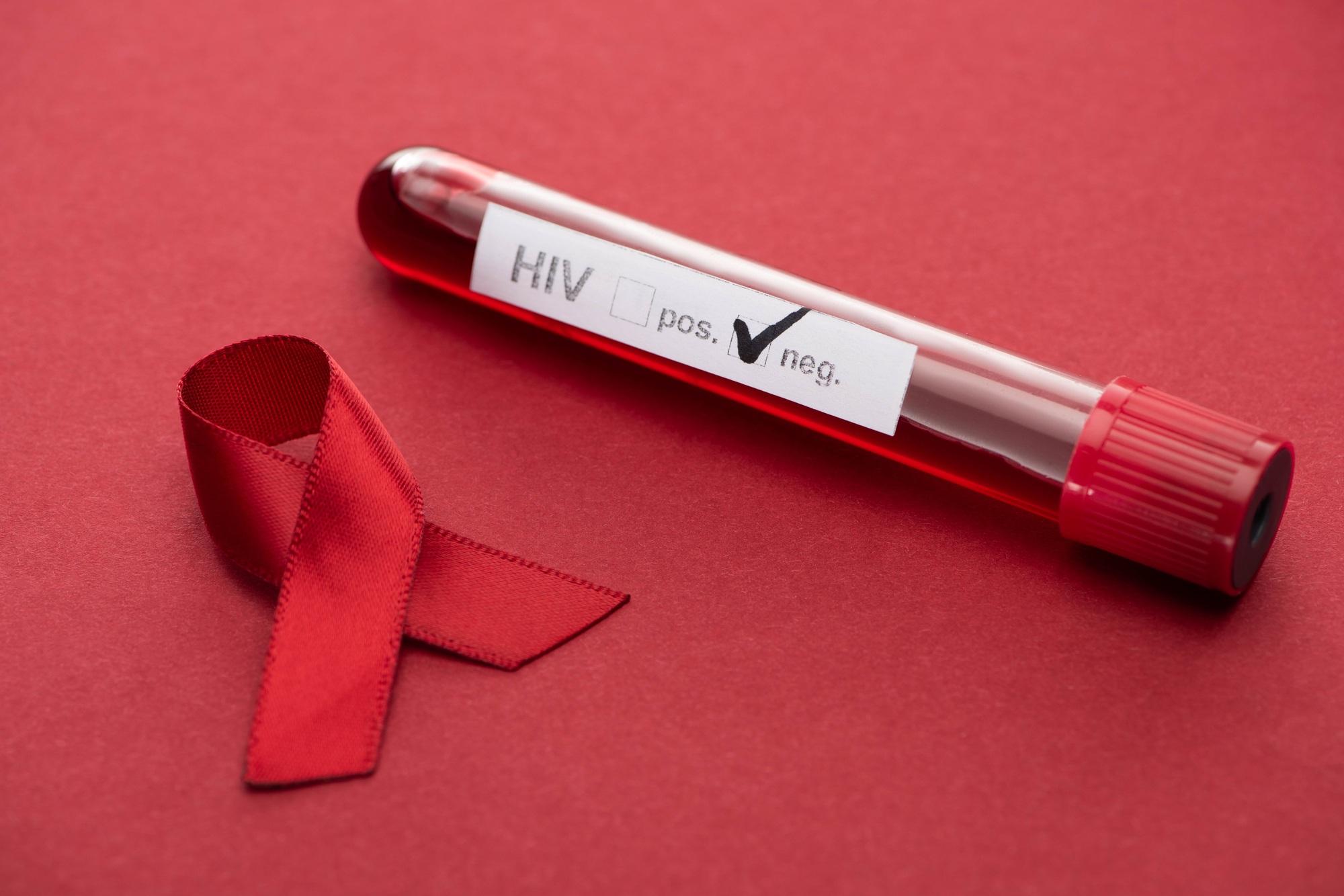
The HIV surge in Phuket has ignited widespread public fear and social media uproar, exposing deeper issues within Thailand’s healthcare system and digital ethics. With hundreds of new cases reported and a viral defamation case making headlines, the island province faces a dual epidemic—of infection and misinformation. This troubling trend has raised concerns among public health officials and human rights defenders alike.
Shocking Rise in HIV Cases Across Phuket
According to Krittaya Charoensuk, a public health specialist, Phuket recorded 244 new HIV or STD cases in Q2 2025, increasing the total number of registered patients to 6,622. The HIV surge in Phuket is especially evident in the Mueang Phuket district, which leads in new infections. Despite 5,699 patients currently undergoing treatment, this number represents just 86% of the Ministry of Public Health’s target, suggesting gaps in outreach and education.
Further details on national HIV statistics can be found via The Nation Thailand.

Fear and Discrimination in Healthcare
Worryingly, a recent internal survey among Phuket’s healthcare workers revealed that 65.7% fear contracting HIV from patients, and half admit to holding prejudices against HIV-positive parents and their children. These results highlight the ongoing HIV stigma in Thailand, which deters individuals from seeking timely treatment and support.
To better understand Thailand’s efforts against such discrimination, read Bangkok Post’s report on HIV stigma.
Viral Defamation Case Adds to Public Anxiety
The online defamation of “Dear,” a university student falsely accused of spreading HIV, further fueled the HIV panic. The hoax, which misused a TikTok video of her promoting her university, amassed over 600,000 views. Dear has since cleared her name with a negative test and taken legal action. Her case illustrates the danger of viral misinformation during a HIV surge in Phuket, as well as the need for digital responsibility.
For a deeper dive into her case, see this coverage by The Thaiger.

Addressing the Crisis: What Needs to Change
To mitigate this public health and social crisis, Phuket must act:
- Train healthcare staff to offer stigma-free care
- Increase public education campaigns on HIV prevention and myths
- Legally protect individuals from online defamation, like in Dear’s case
- Expand testing and treatment accessibility in high-risk zones
Thailand’s broader HIV strategy and progress toward UNAIDS targets can be reviewed in this UN article.
Summary and Call for Action
The HIV surge in Phuket has revealed more than a health issue—it’s a crisis of trust, misinformation, and stigma. To combat the spread of the virus and prejudice alike, Thailand must continue its public health reforms while embracing stronger safeguards against cyber abuse and discrimination.


